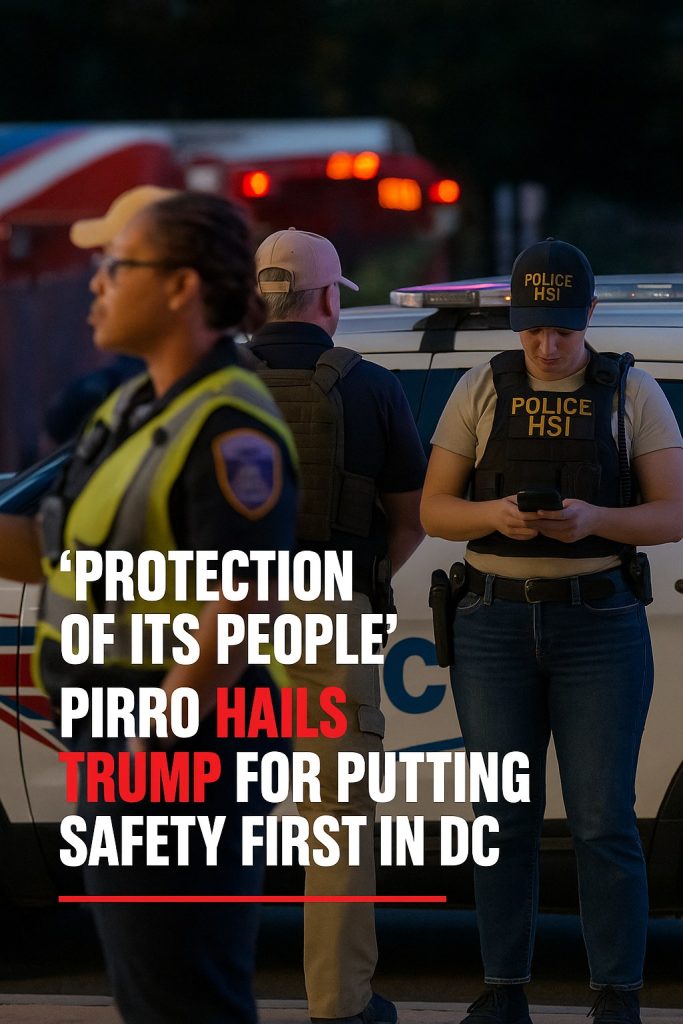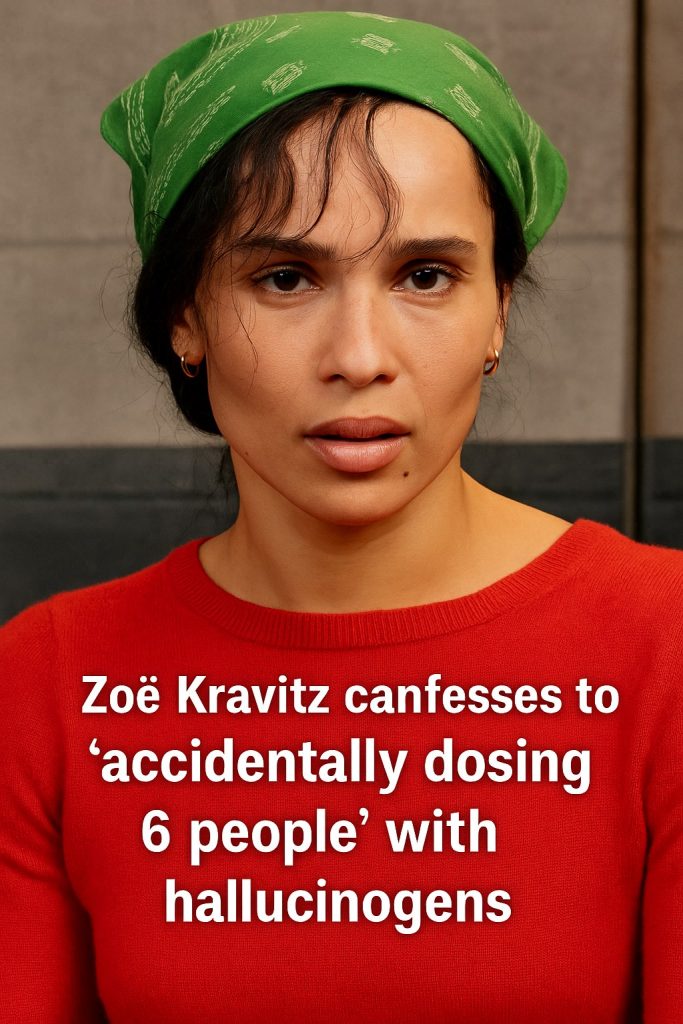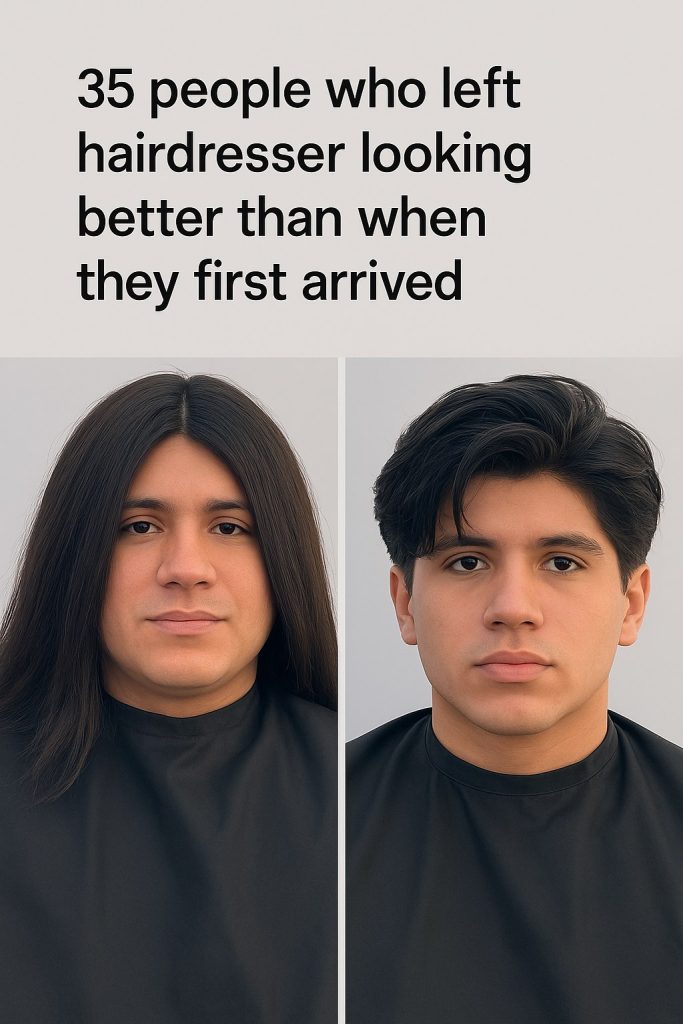Judge Jeanine Pirro, serving as the U.S. Attorney for the District of Columbia, recently delivered a stark warning regarding the ongoing violence affecting Black youth in the nation’s capital. Citing data from the past year and eight months, Pirro revealed that a staggering 70% of suspects accused of killing Black teenagers in D.C. remain free on the streets. She argues that this troubling statistic underscores the urgent need for strict law enforcement measures and validates the crime crackdown strategies promoted during the Trump administration.
According to Pirro, the continuing prevalence of unsolved murders among Black teens exposes critical gaps within the criminal justice system that have allowed suspected perpetrators to evade justice. This issue is compounded by a perceived lack of resources, investigative challenges, and potential policy shortcomings in addressing violent crime in vulnerable communities.
“This is not just a statistic,” Pirro emphasized in her statement. “This is a public safety crisis, and it shows why a tough-on-crime approach, like President Trump’s crackdown policies, is essential to protect our communities.” She echoed concerns voiced by law enforcement and community activists alike who have criticized the slow pace of homicide investigations and case resolution in D.C., especially when victims are Black youth.
The claim that 70% of murder suspects are still at large points to a broader debate about balancing criminal justice reforms with maintaining public safety. Critics of aggressive policing tactics argue for systemic reforms to address root causes such as poverty, education, and community relations. Meanwhile, Pirro’s remarks emphasize a law-and-order perspective, focused on accountability and reducing violent crime through enhanced enforcement.
Her comments come amid a resurgence in violent incidents in urban areas nationwide, with Washington D.C. experiencing heightened concern over gun violence and homicide rates. According to recent crime reports, homicides in D.C. have remained elevated, disproportionately impacting Black communities, and raising alarms among policymakers and residents.
Pirro’s call for reviving stringent crime-fighting policies mirrors elements of the former administration’s strategy, which prioritized expanding law enforcement capabilities, increasing prosecutions for violent offenders, and deploying federal agents to assist local policing efforts.
While the conversation about crime reduction in D.C. continues to evolve, Pirro’s spotlight on unsolved murders of Black teens forces policymakers and the public to confront uncomfortable realities: that many accused killers remain unapprehended, and that urgent action may be required to stem the ongoing violence.
As D.C. officials wrestle with solutions, the debate around how best to protect communities—whether through tougher enforcement or holistic reforms—remains deeply contentious but undeniably critical. Jeanine Pirro’s statement serves as a provocative reminder that for many families awaiting justice, the question is not just political, but deeply personal.



